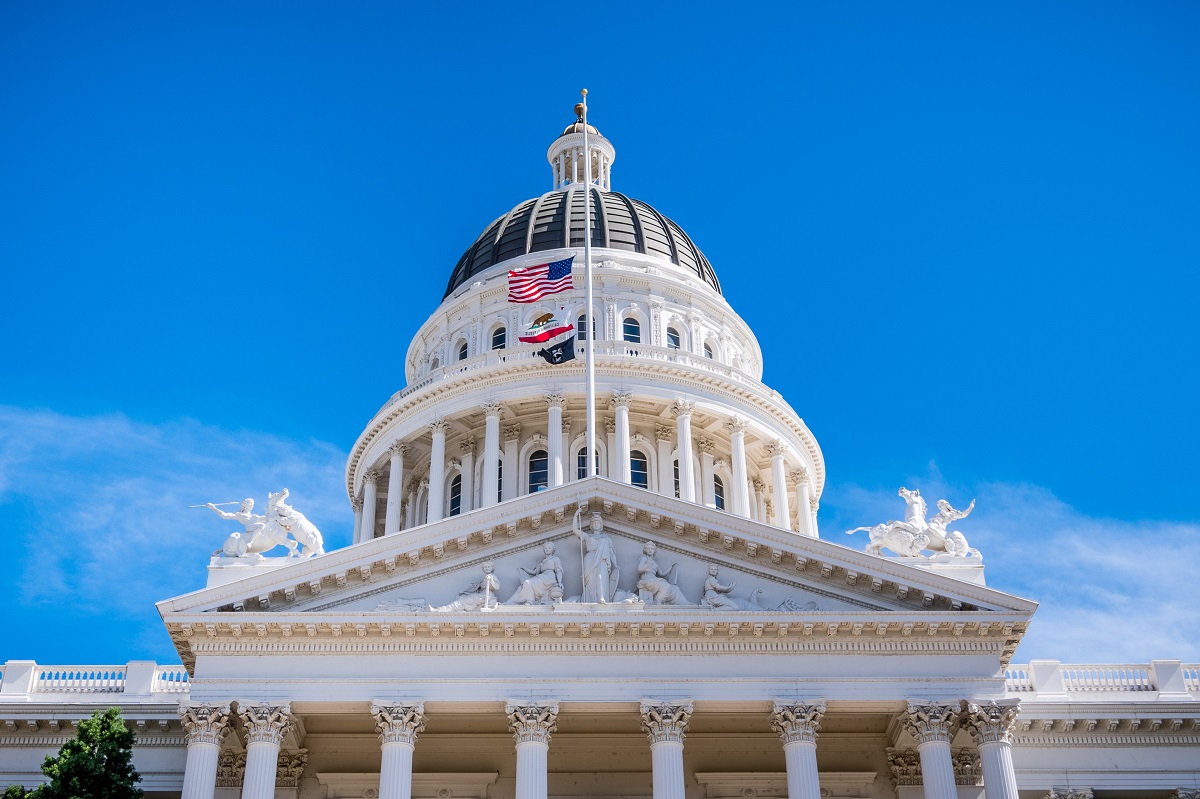The U.S. Court of Appeals for the Second Circuit recently vacated a trial court’s summary judgment in favor of a credit reporting agency in a lawsuit alleging violations of the federal Fair Credit Reporting Act in connection with the reporting of a “balloon payment” that was not in fact required.
Posts tagged as “Auto Finance”
Just a few years ago, the annual review would primarily encompass federal activity. But a shift began in 2018, and by the close of this year, it’s clear there is far more state activity impacting consumer debt collection.
The Supreme Court of Missouri recently reversed the judgment of a trial court in favor of two consumers on the finance company’s petition for a deficiency judgment in relation to a promissory note and security agreement financing the consumers’ vehicle.
The Maryland Court of Appeals, the state’s highest court, recently held that under Maryland Commercial Law Article § 12-1018(b), a credit grantor that knowingly violates the Maryland Credit Grantor Closed End Credit Provisions is required to forfeit treble the amount of interest, fees, and charges collected in violation of the subtitle.
Another auto lender recently agreed to pay millions of dollars to resolve allegations made by the Massachusetts Office of the Attorney General that it failed to provide compliant deficiency notices following the repossession of automobiles from consumers within the Commonwealth.
The U.S. Court of Appeals for the Third Circuit recently reversed a trial court's ruling that the Pennsylvania Department of Banking and Securities violated the Commerce Clause by issuing and attempting to enforce a subpoena to an out-of-state vehicle title lender regarding the out-of-state lender's interactions with Pennsylvania residents.
The Court of Appeals of the State of California, Second Appellate District, recently affirmed a trial court’s judgment holding that the limitation on recovery under the Federal Trade Commission’s “holder rule” does not preclude recovery of attorney fees, costs, nonstatutory costs, or prejudgment interest against the assignee.
The Supreme Court of Wisconsin recently held that (1) in the Wisconsin statute regarding nonjudicial enforcement for consumer transactions (§ 425.206(2)(b)), the term “dwelling used by a customer as a residence” includes a garage attached to the residential building in which the customer lives; and (2) claims of unconscionability under the Wisconsin statute regarding remedies in consumer credit transactions (§ 425.107) are available only in “actions or other proceedings” brought by a creditor to enforce rights arising from consumer credit transactions and that a non-judicial repossession is not such an action or proceeding.
The U.S. Court of Appeals for the First Circuit and federal and state courts in Massachusetts decided several important cases for the consumer financial services industry in 2021. Two related cases concerned the constitutionality of a Massachusetts regulation limiting telephone contact with debtors and a third ruling came from the First Circuit on a federal TCPA action.
The Court of Appeal of the State of California, Fourth Appellate District, recently affirmed a trial court’s order denying the defendant’s motion to compel arbitration.
The U.S. Court of Appeals for the Fifth Circuit recently affirmed a trial court’s denial of a consumer’s Chapter 13 bankruptcy plan that proposed a "partial surrender" of a cross-collateralized loan.
The Court of Appeals of the State of California, Fourth Appellate District, recently held that an arbitration provision contained in a credit card agreement was unenforceable because it sought to bar a customer from pursuing “in any forum” his claim for a public injunction.












